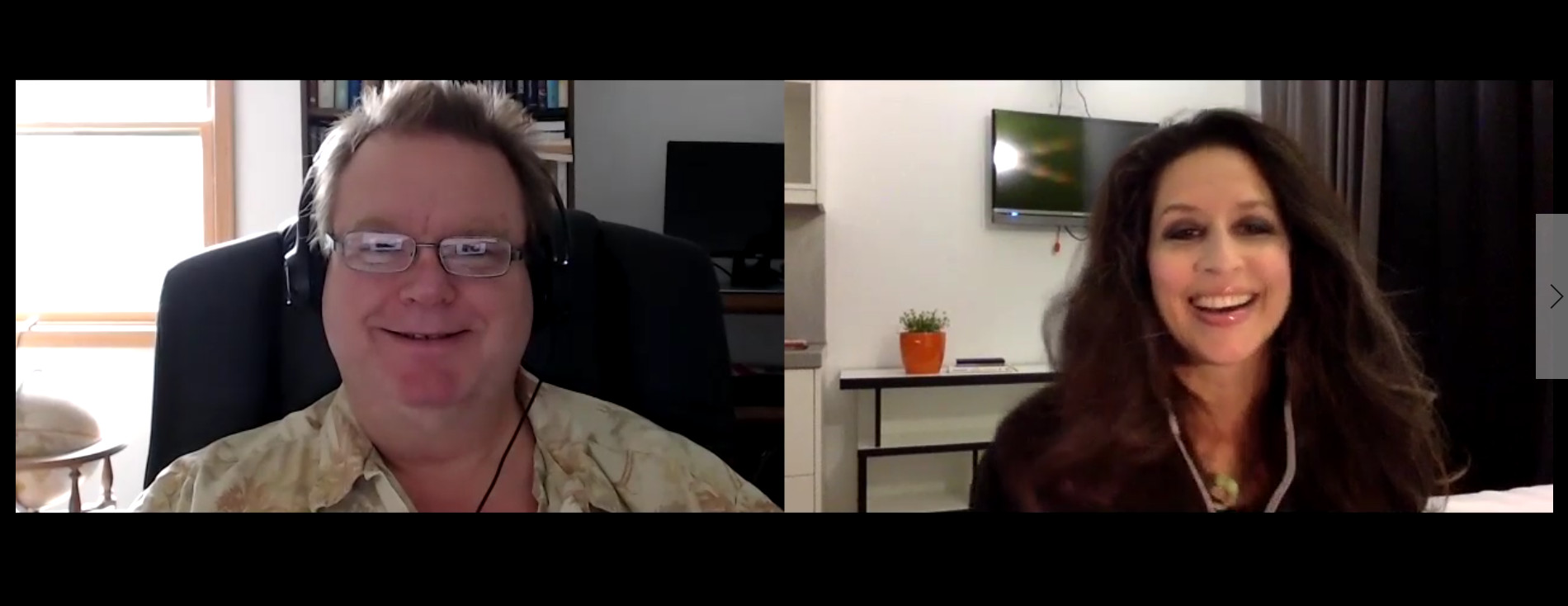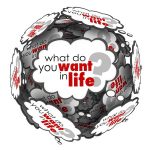 My new book Profile Your Target Market is about to come out, and someone’s already interviewing me about it! The always gracious Melissa Smith, a Virtual Assistant Staffer & Consultant, interviewed me for a discussion she was having with her virtual assistant students. If you’re looking for a virtual assistant, or if you’re a VA and want superior working conditions, I highly recommend you contact her.
My new book Profile Your Target Market is about to come out, and someone’s already interviewing me about it! The always gracious Melissa Smith, a Virtual Assistant Staffer & Consultant, interviewed me for a discussion she was having with her virtual assistant students. If you’re looking for a virtual assistant, or if you’re a VA and want superior working conditions, I highly recommend you contact her.
book
Where Do You Get Your Ideas On Sales?
 I used to hate it when people gave me explanations like I’m about to give you. I wanted a magic formula – “Do A plus B, and you’ll skip over the following steps and wind up at Q a wealthy person.” Then I began to realize that people weren’t skipping over steps to keep secrets. It’s those in-between steps that are unique to each of us, that we have to go through ourselves, that help us define what “success” is for ourselves, and how we look at the world in general.
I used to hate it when people gave me explanations like I’m about to give you. I wanted a magic formula – “Do A plus B, and you’ll skip over the following steps and wind up at Q a wealthy person.” Then I began to realize that people weren’t skipping over steps to keep secrets. It’s those in-between steps that are unique to each of us, that we have to go through ourselves, that help us define what “success” is for ourselves, and how we look at the world in general.
I’m pretty good at sales, but I hate it. Absolutely. I’ve never been able to separate a sales rejection from personal rejection. I began to think about it, and look around at the sales process. In our society, people mostly act on recommendations and (bluntly) snob appeal. If someone recommends an expensive wine, that’s the one we’ll order. It tastes like crap, but we convince ourselves it’s great. We’re looking for a dentist, so we ask our friends. Or a plumber. Or a car mechanic. We ask our friends, and in general we do what they tell us, and we stick with the result unless it’s too painful in some way. “The best salesperson is a satisfied customer.”
So. . . where do I get my ideas? I watch, and I think, and I go through pain of some sort, and I try to figure out how to get the results I want with as little pain as possible. If there’s a formula for me, it’s “Time plus Thought minus Pain = Ideas.” I know that’s not what you were looking for, but I hope you can understand me and where I’m coming from a little better.
Expert Proof Materials
Originally the term masterpiece referred specifically to a piece of work by an apprentice or journeyman who wanted to become a master craftsman in the European guild system of the Middle Ages. That piece was often displayed in the guild house as evidence that the worker had sufficient skill and expertise to warrant being a master at his chosen craft.
Advice For Authors
You’ve written your book. It’s published – print, ebook, audio, maybe all three. You wrote a first draft, then a second, third and forth. Then there was the editing. Sometimes you changed a line, or a paragraph. Sometimes it was a word, or just a punctuation mark. But you’re tired of the damned thing, and it doesn’t matter anymore because it’s published. You can forget about it.
Well. . . no. You can’t. Novel or non-fiction, in order for people to stumble on it by chance, loving every word and telling all their friends to buy a copy, the book must be promoted.
Here’s a sad (perhaps) fact for you: all that effort to write your book is just the tip of the iceberg. In order for you to become the next shining literary beacon, the bottom 90% of your iceberg needs to be completed. You need to be interviewed, to be quoted, to do readings for rooms small and even smaller. You need to remain completely upbeat when getting up early and staying up late for phone interviews, saying the same things over and over again. Blogs and magazines won’t go out and find your book on a store shelf, rushing home to read it and gush over it to their myriad readers. It needs to be put into their hands.
Put Together Your Expert Proof Product
Every Recognized Expert should have an Expert Proof Product (EPP), or better yet – several that make up their Expert Proof Materials (EPM). An EPP could be a book, or a DVD or an audio CD, almost anything that demonstrates that the person is an expert in a particular subject, has definite ideas and opinions, and can reasonably be considered an expert on their subject.
In creating a non-fiction book (a novel could be considered EPP if the person is establishing their credibility as a fiction writer, or perhaps as a creative writing teacher), you don’t have to start from scratch. Putting together a series of articles or blog posts into a narrative that explains or explores the Expert’s niche is perfectly acceptable. Adding in some charts, perhaps even a transcript of an interview or two is also a possibility.
Your Book As A Business Card
We have a number of clients who have published books, or put out instructional DVDs. Some of them have had a hard time grasping the fact that these products are not, in and of themselves, a profit generator. Rather, they are like keys that unlock doors to bigger and more lucrative sales. They should be given away like business cards.
Yes, I understand that one book – or DVD or CD or any similar product – costs a lot more than a business card. Even if you get the books or disks at wholesale. Just as you shouldn’t walk down the street passing out business cards to all and sundry, you need to be selective in giving out your Proof of Expertise.
Forget about selling this item. You need to selectively hand them out to individuals who can help you book speaking or training gigs. This is where the money is going to come from. Any incidental sales of this item are a bonus.
The product that is your Proof of Expertise is exactly that – proof that you have something to say, can present it in a socially viable medium, and are capable of carrying out a difficult procedure (the conception, completion, production and distribution of the Proof) from beginning to end.
Even in today’s market of self-published ebooks, where there’s little to no cost for creation, production or distribution, very few authors can make even a poor living off the sales of their products. Selling 25,000 copies in a year and earning a profit of $2 per copy only nets you $50k, and that’s before taxes and expenses. By selling a training session to a room full of attendees, you could earn that much in a weekend.
Once you have your Proof product, put your effort into using it as a key to unlock sales via personal presentations.
